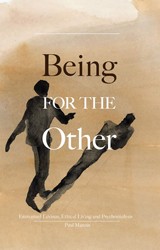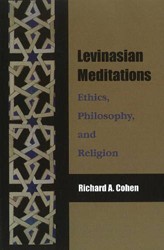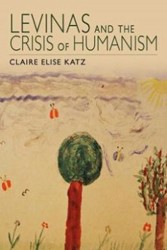French-Jewish philosopher Emmanuel Levinas (1906 – 1995) was the most important ethical thinker of the 20th century, as well as perhaps one of the greatest Jewish philosophers (along with Buber) since Maimonides. An Orthodox Jew (though a rather heterodox one) and a political prisoner in a Nazi-administered labor camp, Levinas is hardly known at all in this country, let alone in Jewish circles. Moyn, an assistant professor of history, has written a thoughtful book on Levinas’s central concept, “the Other.” Levinas tried to describe an ethical “face-to-face” relation with the Other, which, while immediate and singular, is nevertheless transcendent. Responsibility for the Other before oneself is what constitutes authenticity. After reviewing the influence of Heidegger, Rosenzweig and Marcel, Moyn makes the surprising claim that Protestant theology may have been the main source of Levinas’s concept of the Other. A well-written, jargonfree scholarly study, Origins Of The Other is largely for the Levinas specialist or devotee. The main limitation of this book is that it only deals with Totality and Infinity and not Levinas’s second major masterpiece, Otherwise Than Being, in which Levinas further describes the face-to-face relationship, sensibility, responsibility and speech, subjects pertinent to understanding the history of “the Other.”
Paul Marcus is a training and supervisory analyst at the National Psychological Association for Psychoanalysis in New York City and Co-Chairperson of the discussion group Psychoanalysis and Spirituality at the American Psychoanalytic Association. He is the author of Psychoanalysis and Toileting: Minding One’s Business (Routledge).





